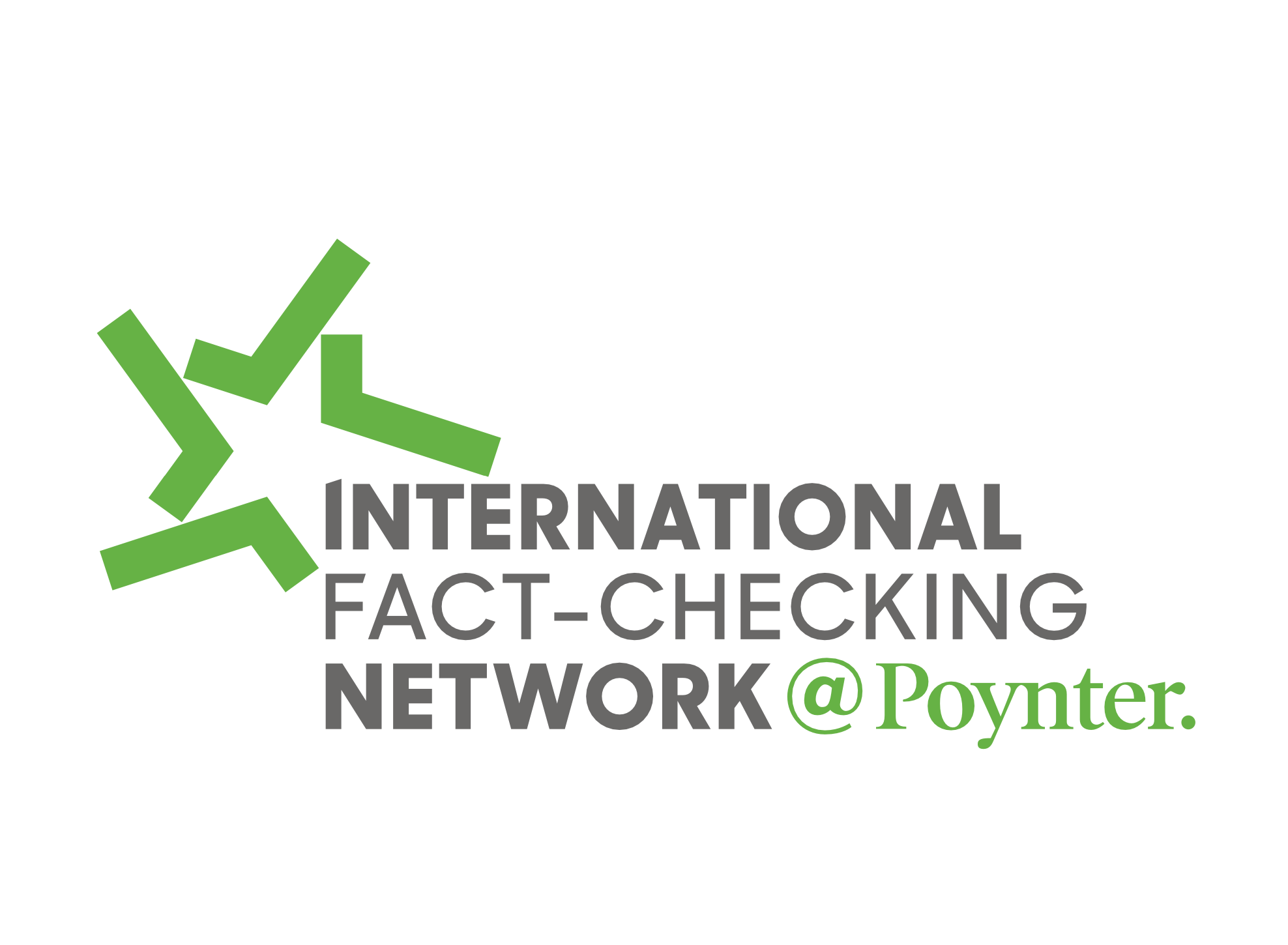By Aly Colón
I received an e-mail recently asking whether it was OK to use the term “mentally retarded” in a story. The query noted that for a while the term was insensitive, and then it seemed acceptable. Were there any online sources that helped people write clearly and sensitively?, the editor asked.
I don’t know of any specific links dedicated to the art of writing clearly and sensitively, I responded, but that doesn’t mean they don’t exist. (If you know of any, feel free to e-mail them to me.)
I also noted that I have found, in my journalistic experience, that a number of people do consider the words “mentally retarded” offensive. I offered a link to an article from last year on Philly.com which explored the controversy about using the term.
And I provided some of my thoughts on how to approach this issue, which I outline below. But then I felt ethically compelled to make a personal disclosure to this editor.
When I hear the term mental retardation, I associate it with a person — a person with a name. His name is Carlos. And he’s one of my brothers.
Carlos was labeled as mentally retarded when he was young. I know details about him that enable me to understand the history of his condition. I know personal attributes that make him a human being, not a category.
Born four months premature, Carlos entered the world before his developmental time. Doctors placed him in an oxygen tent that temporarily blinded him, until a later operation restored his sight.
We noticed while he was still in his crib that loud noises failed to rouse him. My father even snuck up behind him, clapping his hands repeatedly, waiting in vain for a response. We soon learned he couldn’t hear. And as he grew older, he displayed a lack of mental and physical abilities normal for his age.
A series of medical tests confirmed Carlos’ deafness, his lack of age-appropriate motor control, and what the doctors called mental retardation. Doctors and social workers made us aware of the challenges Carlos, and the family, would face. By the time Carlos was about six years old, the situation prompted my parents to make a wrenching decision. They placed him in an institution that they felt would offer Carlos the developmental training and stability a military family moving constantly could not.
The separation left us devastated, but not disconnected. We made every effort to visit him, and my parents even arranged duty tours near where he lives. When he was in his 30s, he moved into a group home with adults with similar conditions.
What doctors never had to tell us was how affectionate and loving Carlos would be. His long, strong arms extend themselves easily to anyone who approaches him. His hugs leave you breathless, not only because of the strength of the clench, but because of the intensity of his love.
He enjoys brightly colored toys and clothing. He wears a perpetual smile. He inhales ice cream so fast he slaps his forehead to offset the cold that rushes to his head as a result. He points excitedly at family pictures. He greets me with high-pitched grunts and outstretched hands when I visit him. He has taught me more about coping, striving, and living the life one has than many other people I know.
I mention such details because they highlight his humanity. They draw attention to what makes him whole. By describing who Carlos is, I show him as the person he is, not the package people place him in. He becomes real. His story resonates with others.
That kind of connection with the reader is what I think works more effectively than labels, and that’s what I stressed to the editor who e-mailed me.
I think it’s more helpful to use specific descriptions that show the person, rather than leaving the reader to imagine what you mean by the term.
As journalists, we need to be as accurate and specific as we can be in describing people. Certain words serve more as labels than as descriptions. And labels conjure up stereotypes and inaccurate images.
When it comes to describing people whose mental and physical motor abilities make life more challenging for them, describe as specifically as you can what it is that affects them. In stories that deal with people’s abilities, describe those abilities, or lack of abilities, rather than slapping a label on the individual.
If you avoid words such as “mental retardation,” don’t do it simply out of sensitivity (although that can be a consideration) but because the words fail to clearly communicate what you want to say about the individual. If you use a term like “mental retardation,” then define the term and explain what it means.
Definitions do exist. The American Academy of Child and Adolescent Psychiatry defines someone who is mentally retarded as a “person (who) has to have both significantly low IQ and considerable problems in adapting to everyday life.” The AAMR (American Association of Mental Retardation) has its own definition and guidelines.
But definitions only tell one part of the story. More detailed descriptions underscore how lifeless labels look.
Should we use the term “mental retardation” to describe my brother Carlos?
I would ask this: have I described Carlos well enough that you see the life behind the label?





